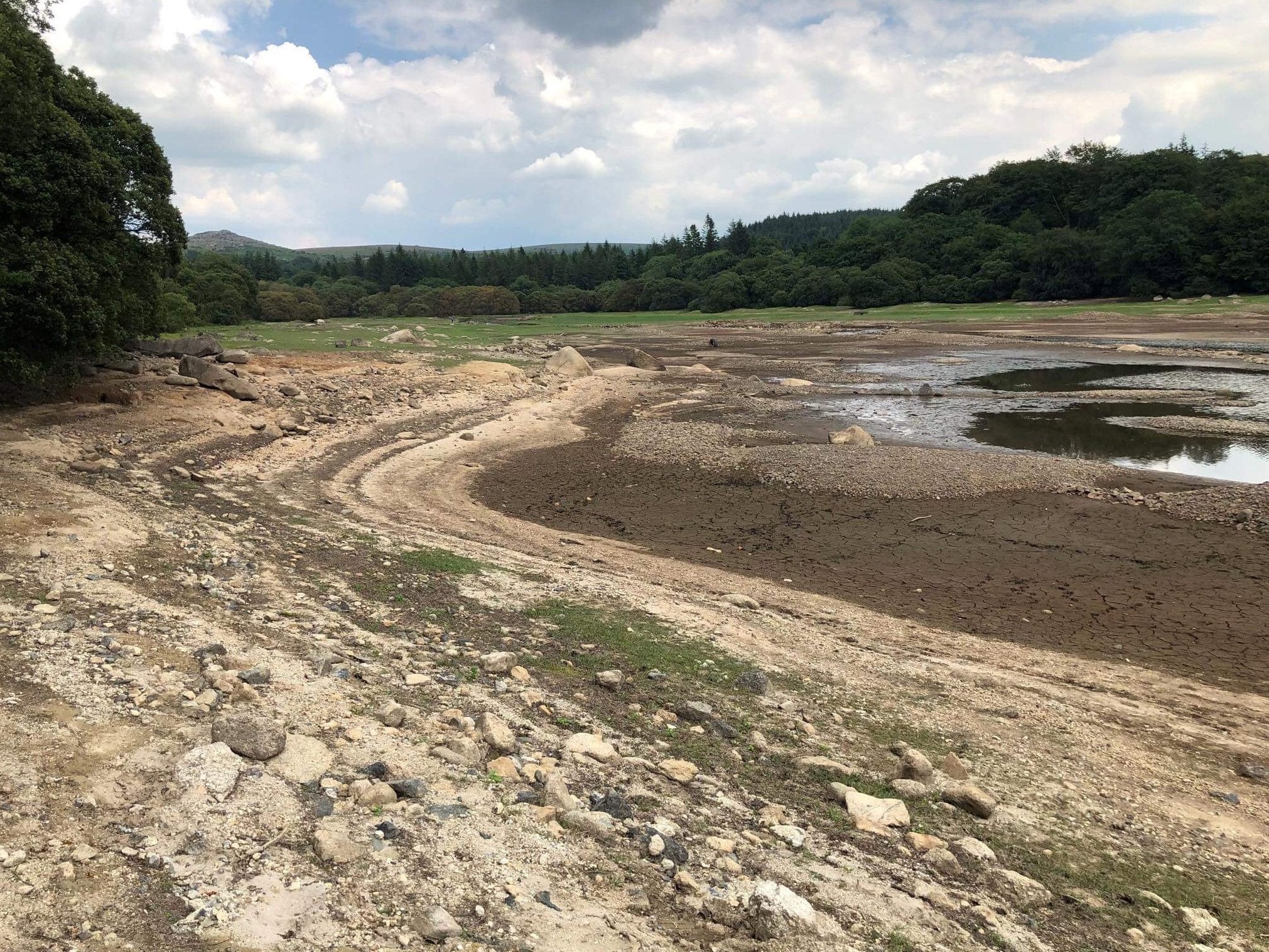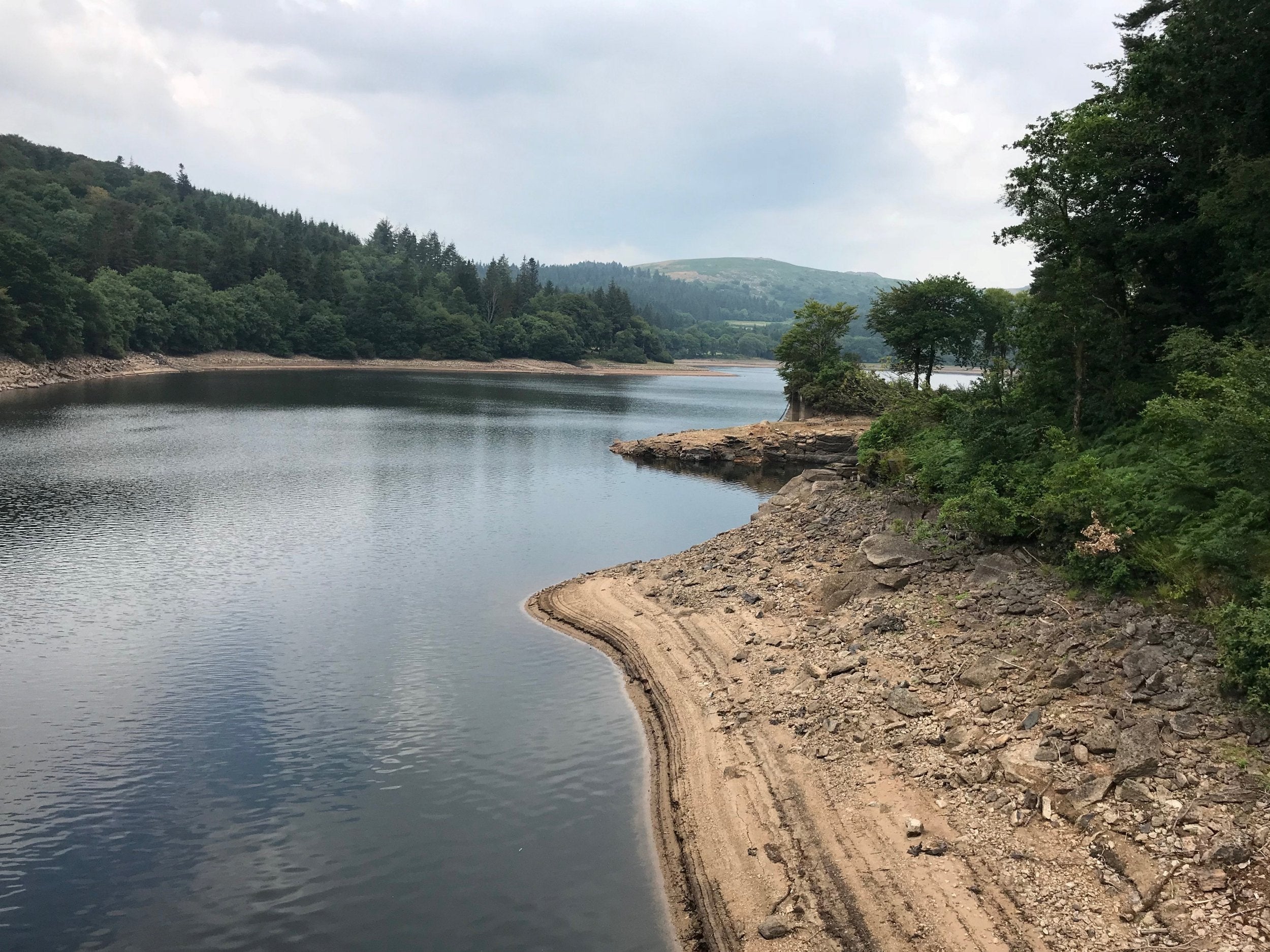Hidden 'drowned village' revealed after heatwave dries up reservoir
As water levels drop in Dartmoor's Burrator Reservoir an ancient wall has been revealed
Your support helps us to tell the story
From reproductive rights to climate change to Big Tech, The Independent is on the ground when the story is developing. Whether it's investigating the financials of Elon Musk's pro-Trump PAC or producing our latest documentary, 'The A Word', which shines a light on the American women fighting for reproductive rights, we know how important it is to parse out the facts from the messaging.
At such a critical moment in US history, we need reporters on the ground. Your donation allows us to keep sending journalists to speak to both sides of the story.
The Independent is trusted by Americans across the entire political spectrum. And unlike many other quality news outlets, we choose not to lock Americans out of our reporting and analysis with paywalls. We believe quality journalism should be available to everyone, paid for by those who can afford it.
Your support makes all the difference.A “drowned village” which was hidden for more than a century has been uncovered by the heatwave.
As the water in Burrator Reservoir in Dartmoor, Devon, dropped to beneath 50 per cent capacity, ruins of a wall were revealed, while a farmhouse and a bridge are thought to lurk beneath the surface.
As water levels drop further, it is believed more of the village could become visible.
The valley was first flooded in 1898, submerging landmarks such as Essworthy Far, Darke’s leat and Sheepstor Bridge.
When it was expanded in 1929, parts of the 15th century Longstone Manor were also submerged.
With the consistently hot temperatures, water in the dam has dipped to 48.5 per cent capacity, compared to 85 per cent at this time last year.
Locals said it had been “fascinating” to see the estate ruins emerge.


Alex Hillman, of Plymouth, Devon, said “It’s amazing to see all of the things that are not usually revealed. It’s fascinating. I’ve never seen the water this low before.”
The UK heatwave could make this summer the hottest on record, the Met Office has said.
If the long spell of hot weather continues, it will “certainly rank in the top 10 warmest summers on record,” the national weather service added.
It has exposed previously undiscovered or long-hidden outlines of various archaeological sites, from ancient forts to remnants from the Second World War.

Join our commenting forum
Join thought-provoking conversations, follow other Independent readers and see their replies
Comments